who, what, when, where, why
Beginning in the 1950s, thousands of LGBT workers in the Canadian Military and Civil Service were targeted, investigated and had their careers and lives ruined by the LGBT Purge.
Canada has a sordid history of what can be termed as state sponsored homophobia, bi-phobia and transphobia. For decades there was a policy aimed at oppressing and consequently criminalizing same-sex conduct through “heteronormalization.” Heterosexual relationships were depicted by society at large as being ‘normal’. Conversely, same sex relationships were often suppressed and depicted as savage or abnormal sexuality through state backed churches and the criminal law.
The LGBT community has historically been the subject of prosecution and discrimination in the Canadian Armed Forces, RCMP and Federal Public Service. The campaign to identify and purge LGBT Federal Public Servants on the basis of their sexual orientation, gender identity, or gender expression in the Federal Public Service and military began in the 1950’s and continued for decades.
Michelle Douglas, a lesbian army officer, challenged the LGBT purge. It was not until the settlement in her case against the Department of National Defence in 1992 that the express policy of institutional discrimination officially came to an end. Prime Ministers like Brian Mulroney condemned national security campaigns against the LGBT community in Parliament. However, there has never been an apology and there has never been any redress for the terrible historical wrong done to thousands of Canadians, victimized solely because of their sexual orientation, gender identity or gender expression.
“The State Has No Place in the Bedrooms of the Nation”
- Justice Minister Pierre Trudeau when he introduced modernizing reforms to the Criminal Code in 1967 that decriminalized homosexual acts
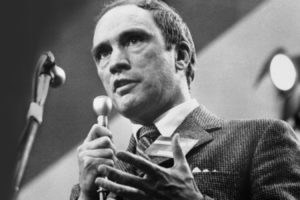
The Purge of Members of the LGBT community in the Military and Civil Service
1940's
In the 1940s the RCMP and a panel from National Defense and External Affairs began conducting background checks on civil servants who were believed to be security risks. Most of the individuals identified were singled out due to what was termed as “moral failings” or “character weaknesses”, including homosexuals.
During the post-Cold War period, the Canadian Civil Service underwent an expansion. With this expansion came an intensification of the investigations into the lives of individuals who were suspected to be homosexuals.
National Security agents viewed workers belonging to the LGBT community as a threat because they were perceived to have a tendency to sympathize with Communists. This went on throughout the Cold War. Another theory was that closeted gays and lesbians would be susceptible to blackmail by foreign agents.
One of the challenges for the investigators was the inability to objectively ascertain whether an individual was gay or lesbian. A professor at Carleton University created a device that allegedly could aid in ‘scientifically” ascertaining homosexuality, a device the RCMP dubbed the ”Fruit Machine.” Thousands were affected.
In later years the investigators “upgraded” their techniques by using polygraph machines and detailed and demeaning interrogations about the sex lives of their victims. Members of the LGBT community who admitted to being gay or lesbian were honourably and sometimes dishonourably discharged from the Canadian Armed Forces.
The LGBT Purge extended to the RCMP, External Affairs and other government Departments and agencies.
Members of the LGBT community that worked in departments that were affected by the purge faced sanctions, which included dismissal, transfer, demotion, denial of opportunities for promotion, and other types of discrimination.
It was not unusual for individuals who had confessed to being gay or lesbian to be given the choice of being released from their posts or enduring psychiatric treatment.
Members of the LGBT community suffered tremendously as a result of these policies and investigations. Individuals who were confirmed as being gay or lesbian often had notes on their service record that they were “deviants” and “not advantageously employable”. They were often denied benefits, severance, pensions, and those who managed to stay one were denied opportunities for promotion.
The actions of the Canadian Government caused irreparable psychological trauma to their LGBT employees. Most individuals, who were suspected of being homosexuals, were subjected to surveillance and interrogations that included degrading personal questioning.
1950's
1990's
The Canadian Military only ended its official exclusionary policies in the early 1990’s as a result of Michelle Douglas’ court case. Ms. Douglas was an Operations Officer with the Special Investigative Unit. During her tenure with the Canadian military she was questioned about her sexuality. She eventually admitted to being a lesbian. In 1990 Ms. Douglas commenced an action against the government seeking damages and a declaration that her Charter rights had been infringed.
The Canadian Forces settled the case and agreed to stop their exclusionary policies against the LGBT service members.
Although no longer systematic, the purge and discrimination against members of the LGBT community continued for many years owing to an enduring culture of homophobia, bi-phobia and transphobia in parts of the Canadian civil service, especially the Canadian Armed Forces and the RCMP.
The LGBT community’s pursuit of justice and calls for redress have long been overlooked by successive federal governments in Canada. To date, the judicial system has played an important role in obtaining justice for the LGBT community.
It is our hope and our objective through this class action that the Federal Government will finally move towards making amends to the victims of the LGBT Purge.
The Government should make amends to those it wrongly persecuted. An apology – and redress – is long overdue.
Today
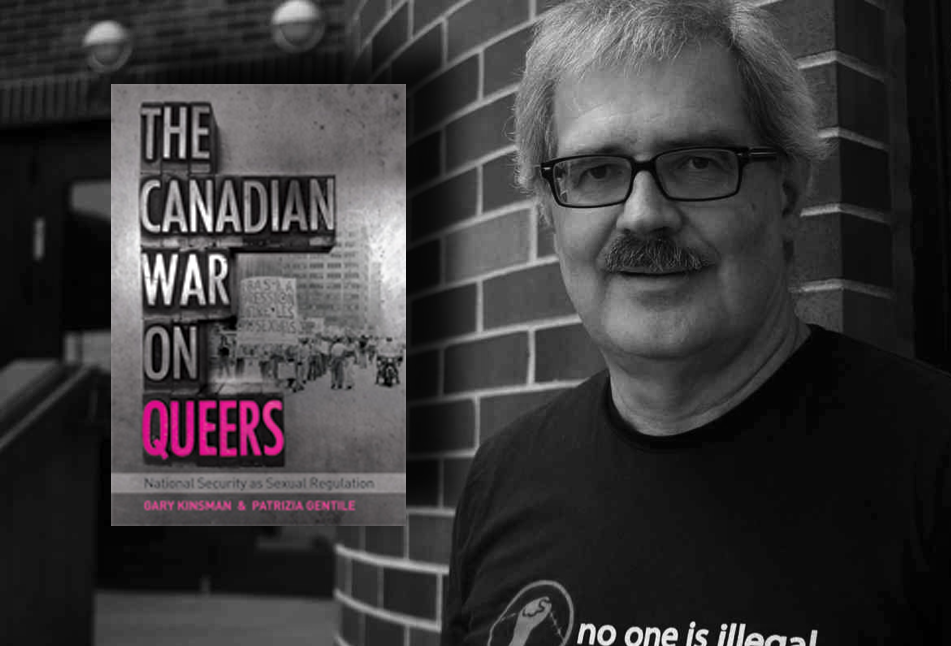
The Canadian War on Queers, is the leading work on this terrible chapter in Canadian history co-authored by Gary Kinsman & Patrizia Gentile.
Gary Kinsman is a Professor Emeritus at Laurentian University in Sudbury, Ontario. Gary has been a strong force in lesbian/gay, feminist, labor union, global justice, anti-poverty, and left issues. He was a central figure in the publication of Rites (1984-1991), a Canadian national gay and lesbian magazine published out of Toronto. He helped found Gays and Lesbians Against the Right Everywhere (GLARE) and the Lesbian and Gay Pride Day Committee of Toronto. He was later involved in AIDS ACTION NOW!, and in AIDS organizing in Newfoundland and Nova Scotia. He helped to organize the first Lesbian, Gay, Bisexual, Transgendered and Two-Spirited Pride march in Sudbury in 1997. He has also authored, The Regulation of Desire, (Montreal: Black Rose, 1996).
Our Plaintiffs
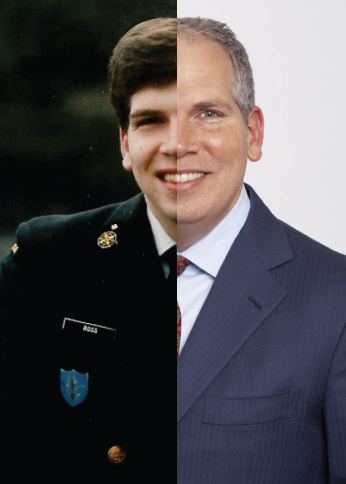
Todd volunteered to join the CAF on December 15, 1987, at the age of 18, and served on the HMCS Saskatchewan as a Naval Combat Information Operator. His service during this short period was excellent. While serving, Todd was brought under investigation by the Special Investigation Unit (“SIU”) of the Military Police beginning in January 1989.
The investigation focused on Todd's sexual orientation and included repeated demands for polygraph tests designed to intimidate Todd into revealing his homosexuality. The 18-month investigation of Todd ended with him admitting his homosexuality while attached to a polygraph machine. At this point Todd was still in denial of his own sexuality. The experience was incredibly traumatic for him. He sat in a chair in front of a stranger – hooked up to a polygraph machine with a recording device on and facing a two-way mirror – and tearfully admitted that he was gay. After the conclusion of the investigation, Todd was given an ultimatum: accept an honourable discharge or spend the remainder of his naval career performing “general duties,” with no hope for promotion or advancement.
Todd was only 21 years old. Feeling he had no real option, Todd opted to accept the discharge and was discharged on June 20, 1990. He was paid back what he had paid into his pension for 2.5 years. Todd felt he could not speak to his family out of shame, or to his friends out of fear of rejection. He could not speak to his colleagues and those close to him about his situation out of fear that the military would investigate them as well. He also felt that he had somehow betrayed his country. As a result, Todd became suicidal. Todd lost the opportunity to pursue his career in the military, to rise through the ranks, and to earn benefits as a member of the navy and, on retirement, as a pensioned veteran. All of these losses occurred solely because of the harmful conduct of the GOC toward him, which was motivated solely by discrimination based on his sexual orientation.
MARTINE ROY
Martine joined the CAF in 1981 at the age of 19 because she wanted to serve and protect her country. Martine completed basic training at Saint-Jean-Sur-Richelieu and went on to complete language and medical assistant training at Canadian Force Base (“CFB”) Borden. She was proud, committed, and, like Todd, was looking forward to a long and rewarding military career.
One day, while Martine was participating in field training at CFB Borden, a K-car approached. Two individuals stepped out and asked her to get in the car. She thought these were civilians who had gotten lost on the base. They were not. The individuals identified themselves as part of the SIU and told her she was being arrested. They drove her to a small building at the edge of the base that Martine had not known existed. In a small, dimly lit room, Martine was interrogated for nearly five hours about every detail of her sexual history, habits, and preferences. Questions included: “who did you sleep with?” and “how often did you have sex?” Martine’s interrogators told her that if she confessed to her “perversions”, she could stay in the CAF. Exhausted, scared and humiliated, she said she was young, experimenting and confused.
After she “confessed” to the SIU, Martine was released from the interrogation. She felt a fear unlike any she had ever imagined. Following her release, Martine’s life in the army seemed to resume its course. She began a two-year contract as a medical assistant at the National Defence Medical Center in Ottawa. A few months later, she was summoned to the office of a psychologist so he could determine whether she was “normal” or “abnormal”. She attended several humiliating and degrading sessions and then, once again, she did not receive any news for several months.
Prior to the end of her two-year contract Martine was offered her dream job: a three-year contract as communications researcher in Kingston. She received the necessary “Top Secret” clearance. She bought her first car. Shortly thereafter, in December 1984, Martine was called from her post in the pharmacy and ordered to report to the office of the base Colonel. She was asked whether she knew why she was there. She answered: “no”. Martine was told that she was a deviant and that she was being discharged for homosexuality. She had nine days to pack her things and go. Martine returned to Quebec, where she experienced severe emotional trauma that continues to this day. She struggled for years with drug addiction, underwent intensive therapy, had difficulty maintaining relationships, and lived with the constant fear and anxiety that she could not be her authentic self, lest she be rejected by her employer or those close to her.
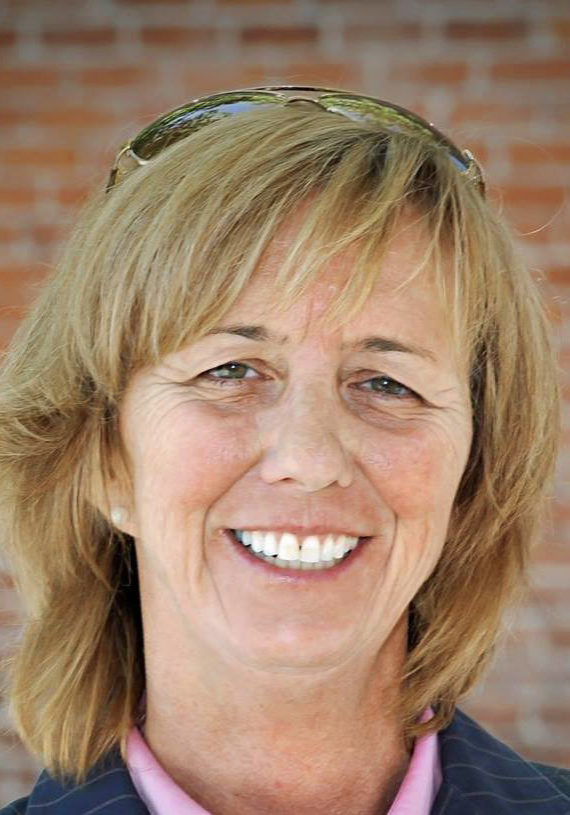
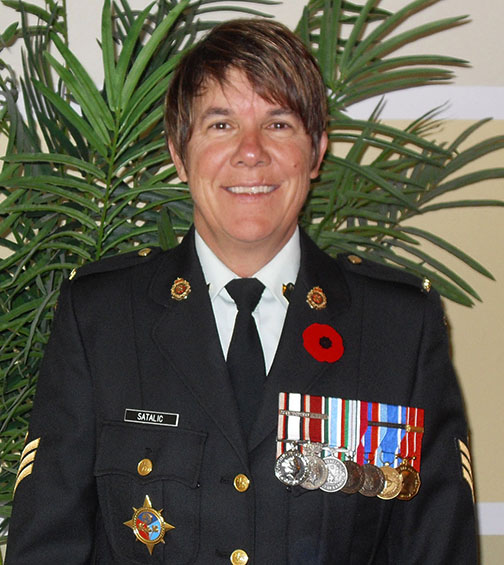
Alida enrolled in the CAF in 1981 as a recruit at CFB Cornwallis in Deep Brook, Nova Scotia. She was transferred to CFB Borden, CFB Trenton and CFB Greenwood at various times during her employment as a postal clerk. While she was a postal clerk at CFB Trenton, Alida was repeatedly interrogated on the pretext of security screenings by the SIU. During these interrogations, Alida was asked questions about her sexual orientation and was asked whether she knew any lesbians or gay men in the military.
Upon admitting that she was a lesbian, Alida was questioned about her intimate sexual encounters in graphic detail. These interrogations left Alida feeling angry, humiliated and helpless. After admitting that she was gay, Alida was told to see the Base Surgeon so that the Base Surgeon could document that she “fulfilled the definition of a homosexual”. Alida was subsequently posted to CFB Greenwood and was given the option of either: (a) retaining her position without any further career courses or promotions; or (b) accepting a release under 5(d) of the Queen’s Regulations and Orders for the Canadian Forces (“Not Advantageously Employable”). Alida accepted the 5(d) release, which was dated January 23, 1989.
Alida re-enrolled in the CAF in 1993 in Saint John, New Brunswick. However, as a result of losing 4 years of military service, her career trajectory and earning potential were limited and she suffered losses to her salary and pension from the CAF.
Alida’s release from the CAF had an immense impact on her life, her sense of self-worth and her self-esteem. She continues to experience trust issues with authorities, fear of additional discrimination, anxiety, humiliation and anger.




